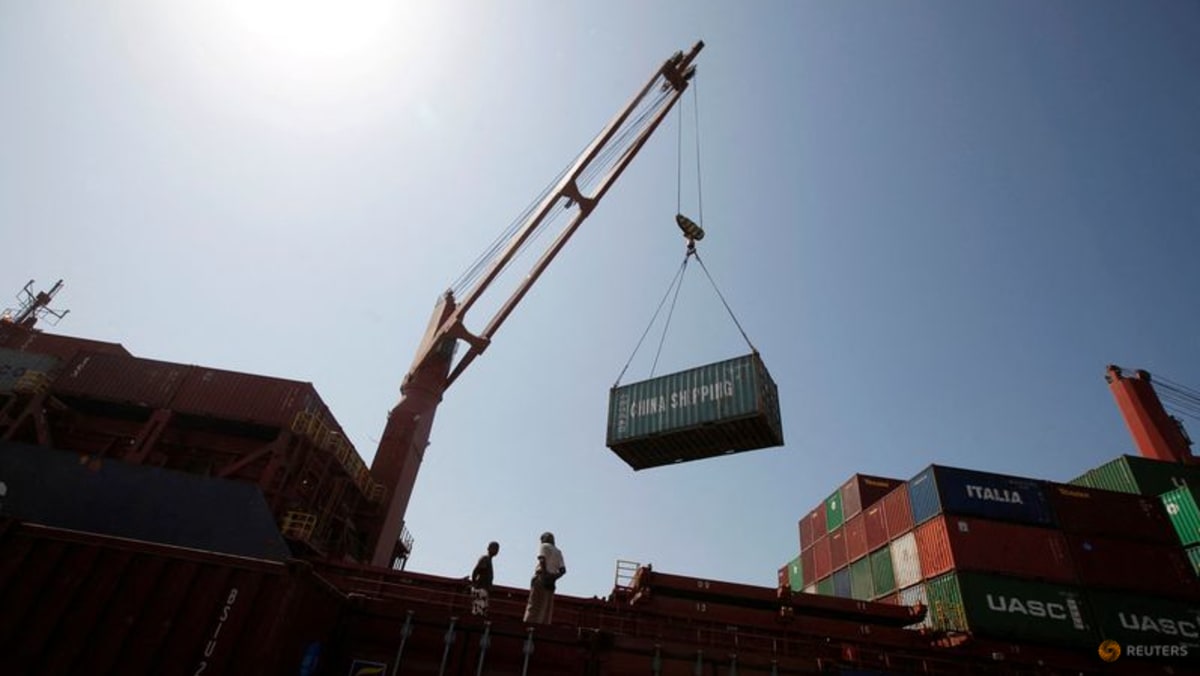
SINGAPORE: Ongoing attacks on ships plying the Red Sea will likely affect global supply chains, but the immediate impact on Singapore is expected to be limited, said Defence Minister Ng Eng Hen on Tuesday (Jan 9).
“Based on the current situation, the immediate impact on Singapore is expected to be limited as the majority of our critical supplies, such as food and pharmaceuticals, are delivered via air freight or do not pass through the Red Sea,” he told parliament.
Local manufacturers appear to have sufficient spare inventory to hedge against supply disruptions, although they are worried about the increases in business costs, the minister added.
The Red Sea, which is bookended by the Suez Canal to the north and the Bab al-Mandab Strait to the south, is a busy waterway offering access to the shortest shipping route between Europe and Asia.
Around 12 per cent of global trade passes through the Red Sea, including as much as 30 per cent of container traffic and over US$1 trillion worth of goods a year.
Dr Ng said as of Jan 7, there have been 20 attacks – ranging from the firing of missiles and drones, as well as hijack attempts – by Yemen’s Houthi militants on commercial vessels in the Red Sea, including one on Singapore-flagged Maersk Hangzhou.
The Houthis have said they are targeting vessels with links to Israel to protest against its military campaign in the Gaza Strip, although ships with no direct connection to Israel have also been affected.
The escalating situation has prompted some of the world’s largest container-shipping firms, namely Mediterranean Shipping Company, Maersk, CMA CGM, Cosco Shipping and Hapag-Lloyd, to stop sailing through the area and take a lengthy and costlier detour instead.
Prior to the attacks, around 60 ships pass through the Bab al-Mandab Strait in the Red Sea daily, but the number has dropped by about a third in recent weeks. Singapore-registered ships have also been affected, with the number of daily transits through the Red Sea now approximately halved, Dr Ng said.
